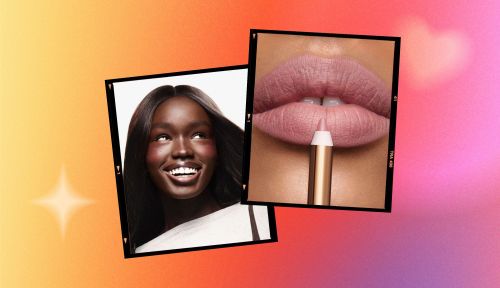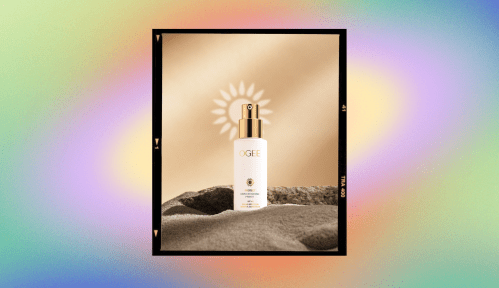Buzzy ingredient alert: Sulfur cream is here to rescue you from your breakouts
Looking for a spot treatment? People swear sulfur is good for acne. Here's what the cream is, a derm's take on it, and how to get the affordable solution for yourself.

Sulfur is hardly a newbie in the lifestyle department: The nontoxic mineral has been used by humans for centuries, helping to preserve wine, clean and whiten clothes—you name it. One use you might not have heard of, though? Putting it on your skin in cream form to fight off acne.
In what’s become a love letter to the mineral, a recent Reddit thread includes a number rave reviews for sulfur cream successfully treating painful cystic acne. Some users say that in less than 24 hours, the ingredient led to a pimple-free transformation. And while New York City–based dermatologist Libby Rhee, DO, notes sulfur is also great for treating beyond-the-skin conditions (like infectious diseases and chronic inflammation), when it comes to zits, the stuff is a true triple-threat. “Sulfur contains natural anti-inflammatory, antibacterial, and keratolytic properties, thus addressing the three main components causing acne and breakouts. In other words, this single ingredient can improve redness, combat the Propionibacterium acnes bacterium in the skin, and help the skin shed and reproduce itself more efficiently, which decreases pore clogging,” she tells me.
“This single ingredient can improve redness, combat the Propionibacterium acnes bacterium in the skin, and help the skin shed and reproduce itself more efficiently, which decreases pore clogging.” —Libby Rhee, DO
Basically, it works the same way common acne treatments like benzoyl peroxide and salicylic acid do, except sulfur is gentler. “Sulfur tends to be less irritating than the other two ingredients, making it nice choice for sensitive skin. That said, it also works by drying the skin, so it’s great for oily skin as well,” Dr. Rhee says.
While there are plenty of different forms of sulfur treatments, this doc definitely plays favorites: “I prefer to stick to sulfur creams, which is less comedogenic [i.e. pore-clogging] versus ointments when using it as an acne spot treatment. And sulfur-containing cleansers, washes, or wipes are also great for moderate to severe acne; the short contact with the skin is effective without being too drying or irritating when used regularly over time,” she says.
For the best results, Rhee recommends sticking to a lower percentage of sulfur—usually between 2 and 4 percent. But since most over-the-counter options will be a little higher than what you would get from a derm, just use them less often and be sure to mix them with a little moisturizer before applying the cream to your skin. “Similar to benzoyl peroxide and salicylic acid, less is more,” she explains. “A stronger concentration can lead to more irritation and dryness, which often delays acne clearance by adding another layer to the problem.”
Ready to shop? Try one of these highly rated picks for acne-clearing sulfur products.
Say goodbye to your acne with these sulfur treatments.
Shop the products
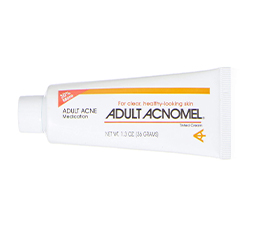
Acnomel Adult Acne Medication Cream $10
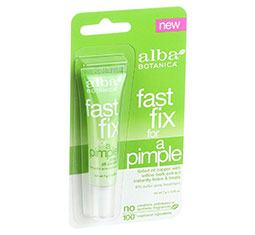
Alba Botanica Fast Fix for a Pimple $6
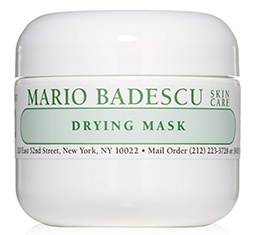
Mario Badescu Drying Mask $18
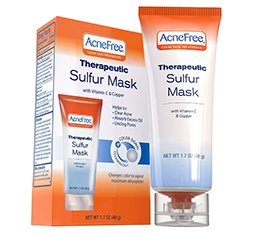
AcneFree Sulfur Mask $11
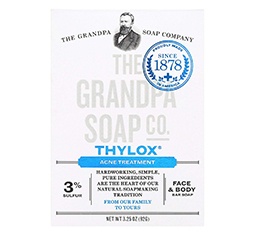
Grandpa's Thylox Acne Treatment Soap with Sulfur 3-Pack $15
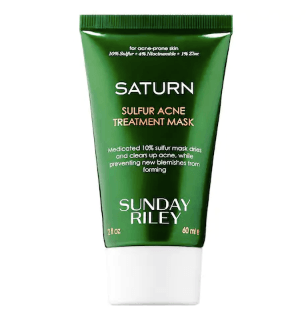
Sunday Riley Saturn Sulfur Acne Treatment Mask $55
Dirty towels can cause acne to fester—are you washing yours often enough? Or check out the products Chloë Grace Moretz says helped treat her cystic acne.



